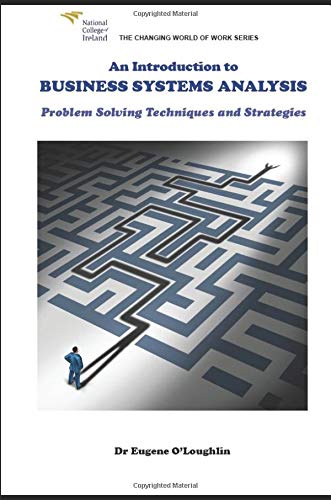 |
| Minister Jim Daly. Image source: www.finegael.ie. |
Much ado lately about old people being part of the housing crisis as they dare to live in their own large houses while homeless families live in hotels and emergency accommodation. While these families certainly have my sympathy, I object to the idea that I am part of the problem. Yes - I do live in a four-bedroom house and am currently only using one of those rooms. We raised our family in this house and paid for it over many years with money earned after tax had already been deducted.
Minister for Older People, Jim Daly, is examining ways for older people to "right-size to appropriately sized units" according to a report by Lorraine Courtney in last Thursday's Irish Independent: In this bad game of Monopoly, the young find they can't even pass Go. She quotes from an unpublished Housing Options for our Ageing Population policy statement which proposes new ways of dealing with the current crisis in housing.
Just what is a "right-sized unit"? Should I move from a 4 bedroom house to a 3 bedroom one, or 2, or 1, or a bedsit? Why not pack off all the over 55s into a gulag somewhere on their way to a nursing home in later life? I am sorry to inform the minister that the house I live in is the right size for me, and he can fuck off if he thinks that he can get inside my conscience and force me to give up my home. Am I being selfish?
Ireland's population is growing at about 60,000 per year. We have a thing about high rise buildings and not allowing them - the social disaster of the Ballymun Tower blocks in Dublin will stay in the mind for a long time. But other cities, such as Vancouver, can manage high rise and accommodate thousands of people in a small area - I was really struck by the number of tower apartment blocks in Vancouver city centre when visiting last year. I'm sure there are plenty of problems with these blocks, but if carefully planned I'm sure they would work here too.
The Minister is looking at easy targets such as the over 55s - but has he forgotten that we are the people who vote the most? Hands off our houses!
 |
| City of Vancouver. Image source: The Georgia Straight. |









